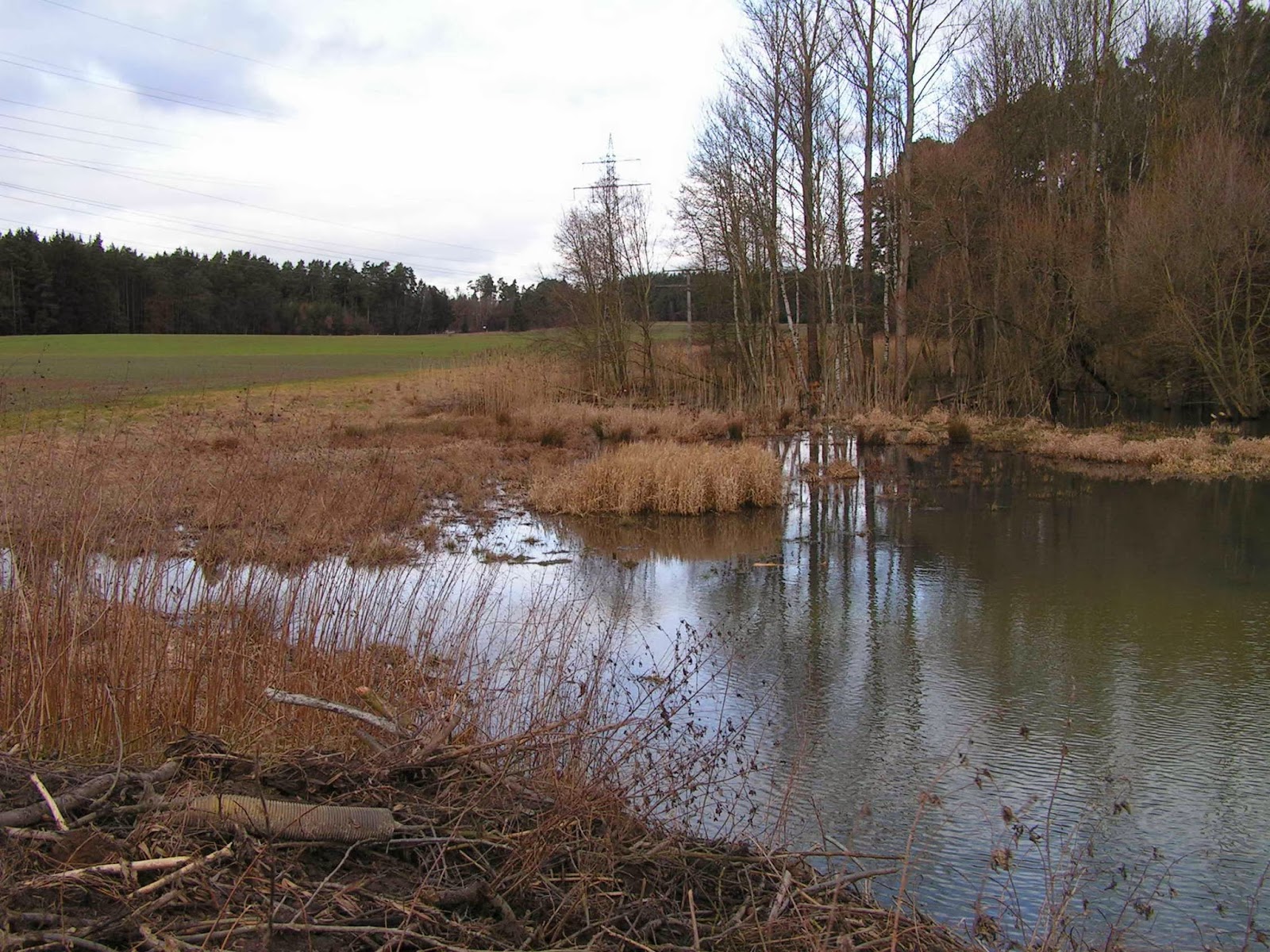Who owns the fish in the sea?
The High Court in the UK has ruled in favour of redistributing some fishing rights from big producers to small-scale fishermen, a small victory for the 'little Guy' but this poses the Question: Who owns the fish in the sea?
There is a more fundamental issue at stake in the legal battles surrounding
fishing subsidies & quota allocation and that is in the legal question: Who
owns Nature?
- Do we all own nature?
- Does the state own nature?
- Has the state the right to sell nature?
- Should we all share in the fruits of nature?
- Is there a difference between owning the fruits of our labour as to opposed to the gifts of nature?
- How can we make a economic system that can simply reflect the difference between the free gifts of nature and that which we make ourselves?
- What is nature
Many of the large fishing companies have been auguring a legal case that
state given fishing quotas they have acquired are ‘their property’ and not
the governments, so they must be compensated if quotas are allocated differently to what they are now.
This legal fiction lies at the heart of many of the economic and environmental
calamities that are befalling us.
Fishing quotas are just one of a huge range of free gifts given to us by
nature: electromagnetic spectrum, water abstraction licences, intellectual
property rights, mineral rights, airplane
landing slots and some types of agricultural subsidies. Ultimately we can
extend this question to who owns the land. Economists use the term ‘Land’ to
describe all such natural monopolies. Because such huge profits can be made by
the acquisition of such rights we see this throughout history, people try to acquire
the legal ownership of the bounty of nature, to benefit without personal effort.
This has been extended in to the right to pollute and the awful carbon
trading scheme where clued up environmental campaigners have to fight against
those less wise in lobbying to stop carbon trading schemes. We also see this
reflected in how such ‘ownership rights’ are traded for personal gain.
Everyone loses when such rights are privatised as the rest of society
has to bear the cost of these monopoly rights when getting access to these
gifts of nature, i.e. when you buy fish. As these rights are being lost by us all, this loss of revenue to Government must be replaced by taxes on the
productive part of our economy, forcing a high rate of unemployment and
increasing poverty. The higher cost of goods and services are directly related
to poverty and unemployment. Economists call this the ‘Margin of Production’
i.e. the point at which someone’s labour becomes economically useful.
My own view is that no one owns nature, if you are of an Abrahamic faith
this is the basis of the Covenant, of if you are a wholly greeny like me it is just
natural justice.
This is the basis of the moral doctrine of Land Value tax, Land being
all of nature’s gifts.
This economic system has the solution to fishing quotas, water use and
land use. If we had a system where fishing quotas were auctioned every year to
the highest bidder, we would control the amount caught and promote efficiency in
our fishing industry. All of the population would benefit as the revenue received
by Government from the auction of these fishing rights would offset other taxes
creating more economic activity and jobs for us all. Such a system would help
make fishing self-policing. The really important effect of such a system would
be in the way the rarity of fish, in economics its ‘monopoly value’, would then
be internalised in the cost of the fish to the consumer, so self-regulating the amount we catch of each species and
protecting this gift from nature.
We can extend this negative feedback system to all of nature’s gifts,
protecting our natural resources for the future, while at the same time reducing
poverty and inequality. Such are the concepts behind ‘Land Value Tax’ and ‘Georgist’
economics.
To answer the question as to who owns the fish in the sea? we all should, but the fisherman can earn his wages from when he brings it back to land.
So the fishing rights saga has a small positive but globally we are losing
the battle as a rapacious financial system buys exclusive ownership of all of
nature’s gifts so they can charge rent for access to those gifts from all
humans and our future generations. Mass poverty will continue, no matter how
much progress mankind makes and a new class of landed Barons can live like parasites
upon us as we squander what nature has bequeathed.



Comments
Post a Comment